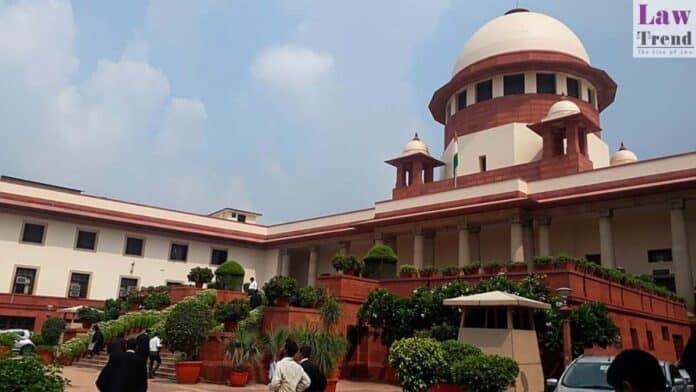The Supreme Court of India on Monday acquitted three individuals convicted for a 2006 murder, ruling that the prosecution failed to establish a complete and unbreakable chain of circumstantial evidence. A bench of Justices K. V. Viswanathan and K. Vinod Chandran overturned the concurrent findings of the Karnataka High Court and the trial court, holding
To Read More Please Subscribe to VIP Membership for Unlimited Access to All the Articles, Download Available Copies of Judgments/Order, Acess to Central/State Bare Acts, Advertisement Free Content, Access to More than 4000 Legal Drafts( Readymade Editable Formats of Suits, Petitions, Writs, Legal Notices, Divorce Petitions, 138 Notices, Bail Applications etc.) in Hindi and English.




